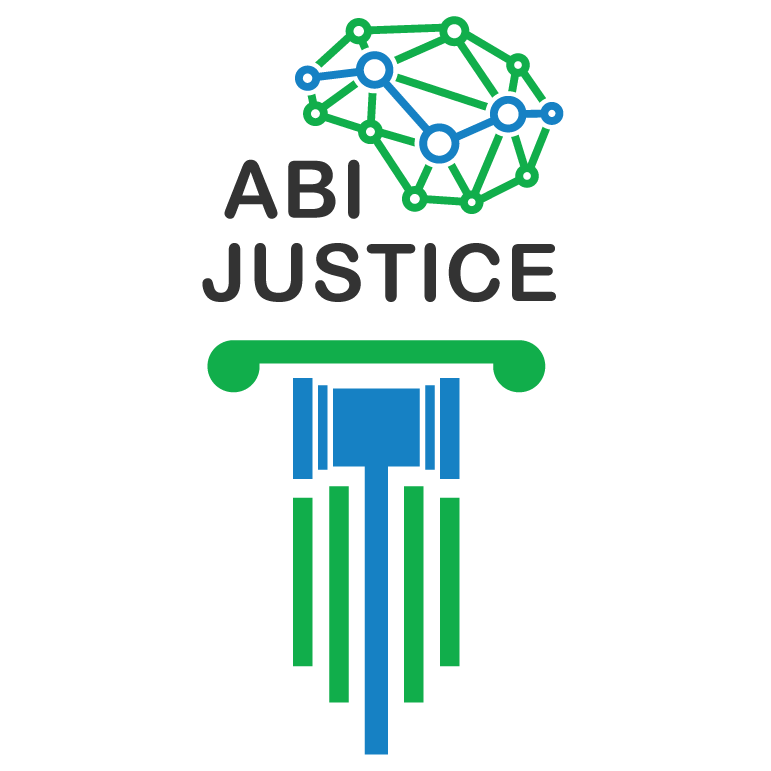Bench Warrants

Warrant in Your Name?
If you believe there is a warrant in your name, you should have a LAWYER to assist you, preferably one with experience dealing with clients who have a brain injury.
Duty counsel (the free lawyer at court), cannot assist you with most parts of a criminal case, including trials or set date appearances (they may be able to help you with bail if you qualify). They are no longer even allowed to provide any assistance or advice unless your income is below the qualifying amount. Duty counsel cannot help you turn yourself in if you have an outstanding warrant.
Types of Warrants
a) ARREST WARRANT
A court ordered document that allows the police to arrest someone
b) BENCH WARRANT
An order issued by a judge to a police officer for the arrest of a person who has failed to appear, or remain at a hearing or trial. Bench warrants are a form of arrest warrants.
c) DISCRETIONARY BENCH WARRANT
In circumstances where a person does not appear in court, the court may allow the person to attend on the next appearance by issuing a bench warrant “with discretion“. This process usually requires the person to have a lawyer, is in contact with the lawyer, and the lawyer appears or sends a message on their behalf. This process usually only applies to set date appearance, not trial or substantive motions. The matter is moved to another date and, if the person appears at that time, the warrant is cancelled.
Further reference or information: https://www.attorneygeneral.jus.gov.on.ca/english/glossary/?id=469#:~:text=Bench%20warrants%20are%20a%20form,time%2C%20the%20warrant%20is%20cancelled.
d) Additional Information
- It is the job of the accused to show up in court
- If you do not show up, you can have a criminal defence attorney advise on your behalf as to why you did now show up/missed court.
- Your lawyer may be able to convince the court that only a bench warrant with discretion should be issued. This will allow you another opportunity to attend court without an additional criminal charge or being arrested and held in custody until the next appearance or your trial.
- If a bench warrant is issued without discretion you risk being arrested in the community or more likely (unless it is a serious charge) arrested the next time you attend court and charged with failure to attend court and breach of your release.
What you can do if you there is a Bench Warrant in your name:
Recommend you Retain a lawyer
Option 1:
- A lawyer may be able to assist in getting the warrant cancelled
- If only a couple of days have passed since you missed court, you may be able to ask the court to cancel your bench warrant. This is called having the warrant rescinded.
- Bring proof if you had an emergency.
- It is up to the discretion of the court to accept your reason for missing court.
- You may be able to receive assistance from the duty counsel at the courthouse (if you meet the financial eligibility qualifications) . Bring proof of the reason you missed court. For example, if you missed court because you were in the hospital, bring a letter from the hospital. Duty counsel or your lawyer can ask the court if they will agree to cancel your bench warrant. If your bench warrant is cancelled, you will be given another court date.
- If the court does not agree to cancel the warrant, you could be arrested at the courthouse and held by police until you have a bail hearing. It might be several days until you’re released from jail. It is best to retain a lawyer so they can negotiate this ahead of time rather than risk being arrested at the courthouse. If your surrender is negotiated ahead of time, there is a higher likelihood that you can be released from the station with a promise to appear rather than detained in custody for a bail hearing.
Further reference and information: https://stepstojustice.ca/steps/criminal-law/2-try-get-warrant-cancelled
Option 2: Discretionary Bench Warrant
- Sometimes the court will order a special kind of warrant called a Discretionary Bench Warrant. When a discretionary bench warrant is ordered, the court adjourns your case in your absence without releasing the bench warrant for your arrest to the police. If you go to your next court date, the discretionary bench warrant is cancelled. But if you miss your next court date, a bench warrant could be ordered to have you arrested. You are more likely to get multiple discretionary bench warrants if you have a lawyer, who you are in communication with, advocate for a bench warrant with discretion.
- The court will be more likely to issue a discretionary bench warrant if your absence has been explained. If you can’t go to court on the date scheduled, retain a lawyer to attend on your behalf, if you qualify financially a legal aid certificate can be issued to retain a lawyer to appear on your behalf.
Further reference and information: https://stepstojustice.ca/questions/criminal-law/what-happens-if-i-miss-my-court-date-criminal-offence#:~:text=Bench%20warrants&text=If%20the%20court%20orders%20a,offence%20of%20failure%20to%20appear
Can’t Make Court Date?
If there is no way you can go to court on the date scheduled you should:
- Tell duty counsel (if you qualify financially) or your lawyer.
As a last resort a family member or friend could attend court but that could still lead to your arrest.
Further reference or information: https://stepstojustice.ca/questions/criminal-law/what-should-i-do-if-i-have-last-minute-emergency-and-cant-attend
